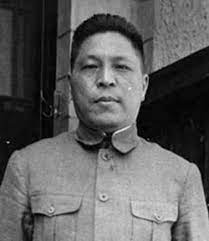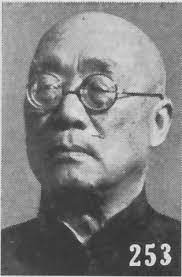Chiang Ting-wen (1895-), Chekiang military officer, was an able field commander who served Chiang Ting-wen Chiang Kai-shek in the Northern Expedition and in the campaigns against the Communists in the 1930's. During the Sino-Japanese war he held such offices as director of the Generalissimo's Sian headquarters, governor of Shensi, and commander of the First War […]













